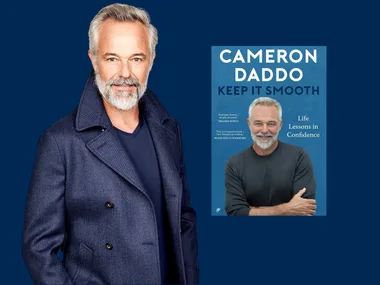The Cut By George Pelecanos, Orion, $32.99
Stephen King and Barack Obama are just two of George Pelecanos’ legion of fans. If you haven’t read him before, you might still know his work from the cult television hit The Wire — a gritty, understated, crime drama set in the gang-ridden streets of Baltimore.
The Cut moves the action to Washington, D.C., where soldier-turned-private detective Spero Lucas woos women and out-muscles and outsmarts gangsters and drug dealers with varying degrees of success.
Spero doesn’t always operate on the right side of the law, although in D.C., as in The Wire, the line between the police and criminals is often blurred.
Pelecanos’ prose is spare and masculine. In Spero, he’s created a man’s man, a three-dimensional character who’s flawed but likeable, tough but sensitive.
The plot intensifies slowly but steadily, building to a believable but suspenseful climax. The seedy, violent world of low-level crime comes alive in The Cut; the most authentic crime novel I’ve read in years.



















